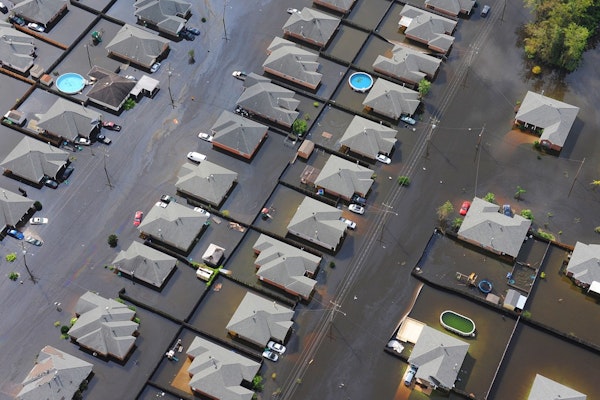
Flood Insurance Program Faces Expiration Again as Hurricane Season Peaks
The National Flood Insurance Program is set to expire by month’s end unless Congress acts, potentially disrupting home closings and leaving policyholders at risk.
September 29, 2025
Catastrophe
Insurance Industry
Legislation & Regulation
Property
New York

Queens Medical Supplier Targeted in GEICO’s $1 Million No-Fault Fraud Lawsuit
GEICO alleges a Queens-based supplier and clinics conspired in a kickback scheme that exploited New York’s no-fault insurance system and billed over $1 million in false claims.
September 15, 2025
Auto
Fraud
Insurance Industry
Litigation
New York

How a $100 Billion Hurricane Could Strike the US and What Insurers Need to Know
Major U.S. metro areas are increasingly vulnerable to $100 billion hurricane losses. This KCC report shows where it’s most likely and how insurers can prepare for the next big one.
August 29, 2025
Catastrophe
Insurance Industry
Property
Risk Management
Connecticut
Florida
Louisiana
Massachusetts
New Jersey

GEICO Sues New York Medical Supplier Over Alleged $620K Insurance Fraud Scheme
GEICO is suing a New York supplier it claims defrauded the insurer out of $620,000 through inflated billing, unnecessary medical equipment, and manipulated coding practices.
August 29, 2025
Auto
Fraud
Insurance Industry
Litigation
New York

Key Loss Adjusting Trends Shaping Property Claims in 2025
Sedgwick’s 2025 Loss Adjusting Insights Report explores the top nine trends—from tariffs and tech to legislation and climate change—reshaping property claims today.
August 25, 2025
Catastrophe
Legislation & Regulation
Property
Technology
California
Florida
Hawaii
Illinois
Iowa
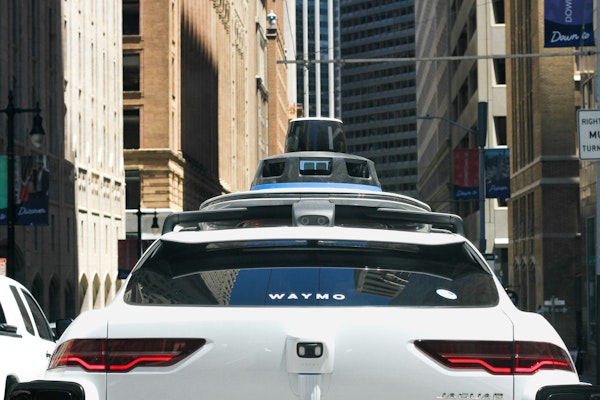
Waymo Begins Autonomous Vehicle Testing on New York City Streets
Waymo has received New York City’s first permit to test autonomous vehicles with human drivers on board, marking a key step in expanding self-driving operations.
August 25, 2025
Auto
Insurance Industry
Legislation & Regulation
Technology
New York

JPMorgan Must Defend Elder Fraud Arbitration Claim from Widow
A federal judge ruled that JPMorgan must face arbitration over claims it failed to prevent a widow’s son from stealing $8.4 million from her bank accounts after her husband’s death.
August 20, 2025
Fraud
Legislation & Regulation
Litigation
Risk Management
California
Florida
Massachusetts
New York
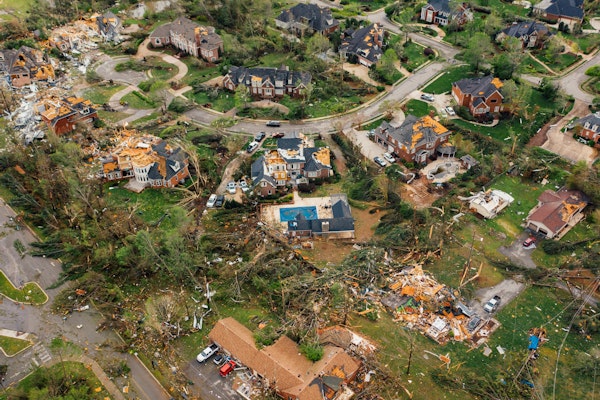
Record-Breaking Insured Losses in 2025 Highlight Growing Impact of U.S. Wildfires and Storms
The first half of 2025 brought $84 billion in insured catastrophe losses, driven by U.S. wildfires and severe convective storms, making it the costliest H1 since 2011.
August 14, 2025
Catastrophe
Insurance Industry
Property
Risk Management
California
Florida
New Jersey
New York
North Carolina

Private Equity Pushes Life Insurers to Rethink Their Business Model
As private equity firms rapidly reshape life insurance with asset-focused strategies, incumbents face pressure to adapt or risk being outpaced in a changing market.
August 1, 2025
Insurance Industry
Legislation & Regulation
Life & Health
Risk Management
New York

Rising Litigation Costs and Tort Reform Momentum Shape Liability Claims in 2025
Tort reform efforts in states like Georgia and Florida are reshaping the liability claims landscape in 2025, as litigation costs soar and attorney involvement rises rapidly.
August 1, 2025
Insurance Industry
Legislation & Regulation
Liability
Litigation
California
Delaware
Florida
Georgia
Louisiana

High Noon Recalls Vodka Seltzers After Label Mix-Up with Celsius Energy Drinks
High Noon is recalling vodka seltzers mistakenly labeled as Celsius energy drinks, leading to a risk of accidental alcohol consumption. No illnesses have been reported.
August 1, 2025
Insurance Industry
Legislation & Regulation
Property
Risk Management
Florida
Michigan
New York
Ohio
Oklahoma

GEICO Takes Legal Action Against Brooklyn Pharmacy for $3.5 Million in Alleged No-Fault Insurance Fraud
GEICO alleges a Brooklyn pharmacy exploited New York’s No-Fault system by billing over $3.5 million for medically unnecessary pain creams and violating a prior court injunction.
July 25, 2025
Auto
Fraud
Insurance Industry
Litigation
New York
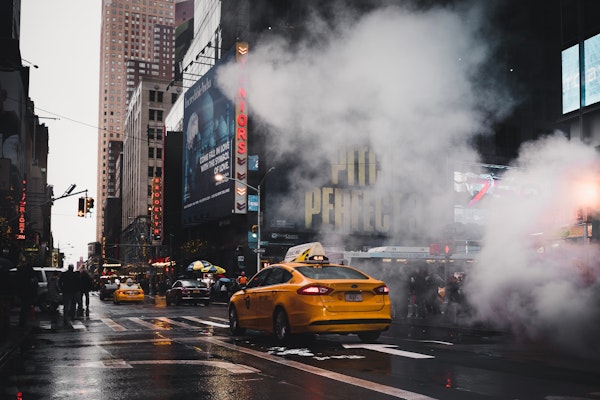
NYC Taxis Use Surveillance Technology to Fight Back Against Insurance Fraud
With taxi fraud costing NYC $1 billion annually, a new initiative is equipping cabs with surveillance cameras to deter scams and lower costs for drivers and insurers.
July 25, 2025
Auto
Fraud
Insurance Industry
Technology
California
New York
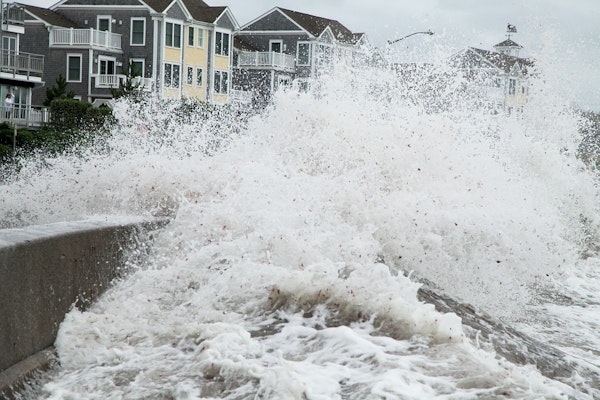
Why the U.S. Faces Soaring Hurricane Losses as Storms Grow Stronger
With climate change intensifying storms, insured hurricane losses in the U.S. could surge 50%—testing the limits of insurers, infrastructure, and public preparedness.
July 17, 2025
Catastrophe
Insurance Industry
Property
Risk Management
Florida
Massachusetts
New York
Texas

Nail Salon Owner Arrested on Multiple Arson and Insurance Fraud Charges
Town of Newburgh authorities and federal agents allege a local salon owner deliberately set an August 2022 fire at her own shop to collect insurance payouts amid severe financial distress.
June 19, 2025
Fraud
Legislation & Regulation
Litigation
Property
New York




